What Happens if I Over-Contribute to my 401(k) Plan?
If you over-contribute to a 401(k) plan, meaning you contribute more than the IRS limits allow, there are steps you can take to rectify the situation. Here's what typically happens and what you can do:
Excess Contribution Withdrawal: The IRS requires that excess contributions, along with any earnings attributable to those contributions, be withdrawn from the 401(k) plan by the applicable tax filing deadline, including extensions. If you don't withdraw the excess contributions by the deadline, they are subject to additional taxes and penalties. The deadline is April 15th following when the excess occurred, and this timing cannot be postponed even if the participant has filed a personal tax extension for their own income taxes.
Tax Implications: Unless timely distributed, excess contributions that are not withdrawn by the deadline are (1) included in the participant’s taxable income for the year contributed and (2) taxed a second time when the contributions are ultimately distributed from the plan.
Corrective Distributions: Your plan administrator or employer can help facilitate the corrective distribution process. The excess contributions, along with any earnings, will be distributed to you and reported as taxable income for the year in which the excess occurred.
Reporting to the IRS: The plan administrator or employer will report the excess contributions and any corrective distributions to the IRS using Form 1099-R.
Preventing Future Over-Contribution: To avoid over-contributing in the future, it's essential to monitor your contributions throughout the year and ensure they do not exceed the IRS limits. You may need to adjust your contribution rate if you anticipate reaching the annual limit before the end of the year. If you work multiple jobs in a calendar year, make sure you are only contributing within the IRS limits across all 401(k) plans to avoid over-contributing.
It's crucial to address any excess contributions promptly to avoid additional taxes and penalties. If you realize you've over-contributed to your 401(k) plan, contact your plan administrator or employer as soon as possible to initiate the corrective distribution process. Additionally, consider consulting with a tax professional for guidance on how to handle excess contributions and minimize any tax implications.
The information contained herein is not intended as financial, legal or tax advice, and may not be suitable as required by specific circumstances. Please consult your financial planner, attorney and/or tax adviser as needed.
Views:
Keywords: 401(k) Plan, over-contribute, excess contributions


